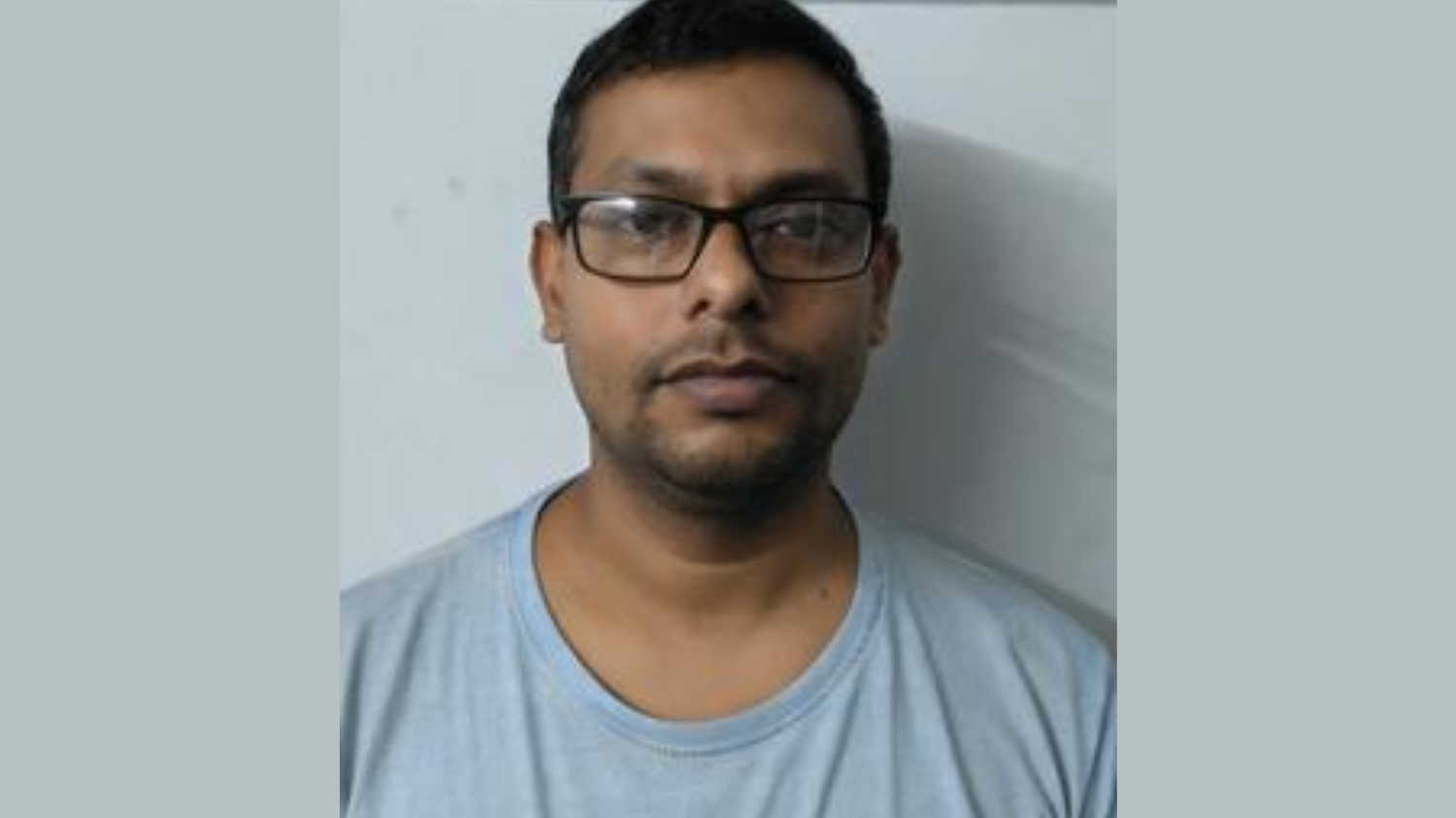The filmmaker, one of the busiest editors in Bengali cinema, opened up on his journey in the industry.
Nagarkirtan and Cinemawala are two of my most favourite projects: Editor Subhajit Singha
Kolkata - 17 Nov 2020 12:17 IST
Updated : 12:23 IST


Roushni Sarkar
Editor Subhajit Singha was artistically inclined from his childhood. While he had to fulfil certain family expectations, he did not give up on his dreams. Singha started off assisting Goutam Ghose’s Moner Manush (2010) and got his first break in Kaushik Ganguly’s critically acclaimed Cinemawala (2016).
He has edited the National Award-winning film Nagarkirtan (2019) and worked on various other successful projects including Maacher Jhol (2017), Ahare Mon (2018) and Jyeshthoputro (2019).
In a candid chat with Cinestaan, Singha opened up on his journey in the industry.
How does it feel to be one of the busiest editors in the Bengali film industry?
True, post-production requires a lot of effort and work. But I am glad and thankful that I am getting a lot of good work.
How did your journey begin?
I am originally from Alipur Duar, a small town in North Bengal. I was interested in painting since childhood. I wanted to get into the Government College of Art & Craft after passing my higher secondary examination. But in such small towns, it is hard to get encouragement for pursuing such career options. However, my family softened its stance as I completed my graduation and came to Kolkata for my master's degree. I had told my parents that there was a possibility that I could pursue an unconventional subject here and they allowed me to do so.
I realised that it was not possible for me to study at the Government College of Art & Craft then and, hence, I started looking for animation institutes to get into. I enrolled at Roopkala Kendra and within a year, I realised that I was going to build up my career from there.
I started as a student of animation and then made friends in other departments. I gradually started gaining interest in editing and started working as well. I got into industry accidentally while doing some small-scale projects.
How were things initially?
I started assisting first and worked with all the noted editors of that time. I feel, in recent years, the film industry has gone through a drastic change. I had never planned to work in films in the beginning years and edited films which hardly had any audience. There was not much promotion and the budget was extremely limited as well. The films now have good production teams and are receiving support from the audience as well.
Which film marks the turning point in your career?
I started assisting Bodhaditya Banerjee in Kaushik Ganguly’s films. I always admired the spirit of Kaushik Da’s team and the way they worked. Eventually, I got my first independent project Cinemawala as Banerjee was quite busy shifting to Mumbai then. It was almost a dream come true for me when Kaushik Da offered me the project. Even on the first day of editing, the feeling was unreal for me.
I feel that among all the directors I have worked with, Kaushik Da is the most dedicated. His preproduction and post-production processes are extremely organised. All departments quite enjoy working with him. He gives a lot of freedom to the technicians, unlike many other directors. Pratim D Gupta is another director who also loves technicians working with a free hand.
You have also edited Nagarkirtan, which received four National Awards. What are your feelings regarding recognition?
Of course, it is an overwhelming feeling. Among all the films I edited Nagarkirtan and Cinemawala are my favourites. Normally, when working on a film, one starts to get a sense of how a film is going to fare among audiences. While working for Nagarkirtan, I could feel that the film was going to reap acclaim.
Which film was the most challenging?
There are challenges in every project and overcoming them is my job.
Do you follow any particular method while working?
I did learn about editing in Roopkala Kendra but I started working as an editor through assisting others and developed all my skills through work experience. I used to edit my friends’ films, low-budget films and other projects of my institution. I don’t follow any particular pattern and there is no such pattern for editing as well. I have to see the rush before I start editing. I cannot do my job only by looking at the rough cuts. Therefore, it takes a bit more time in post-production.
How has the scene changed for technicians over the years?
There have been both positive and negative transformations. On the one hand, now there are award ceremonies and promotion to make people aware of a film's technicians but on the other, due to the lack of budget, technicians now need to work on a tight schedule under a lot of pressure.









